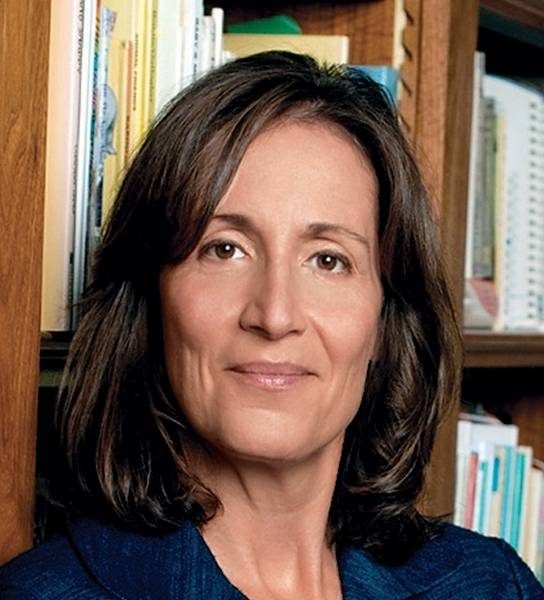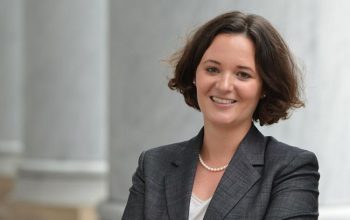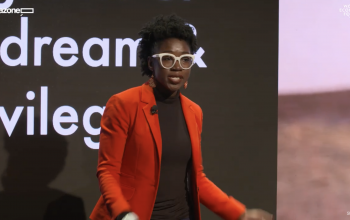
Dr. Deborah Peel entered medical school in 1970 at the age of eighteen. She was the youngest student in her class and was one of just eight women in a class of two hundred. Over the years she’s heard plenty as a practicing physician and psychoanalyst, but there is one question she hears more than others: Will you protect my information?
It’s a reasonable question to ask and for licensed physicians around the country the easy answer is “yes” – since confidentiality is an important part of their ethical standard of practice. However, many doctors are unaware that patient data is often compromised in other ways and these breaches are not protected under the Health Insurance Portability and Accountability Act (HIPPA).
That’s why, after devoting most of her life to treating and counseling patients, Dr. Peel decided to focus exclusively on increasing public awareness of and advocating for patient privacy rights through her organization Patient Privacy Rights or PPR.
“I have deep knowledge of the effects of the total lack of privacy on patients — because psychiatry and psychoanalysis require us to protect privacy in order for patients to be willing to talk with us”
“I have deep knowledge of the effects of the total lack of privacy on patients — because psychiatry and psychoanalysis require us to protect privacy in order for patients to be willing to talk with us,” said Dr. Peel. Ironically, even though Dr. Peel refers to Psychiatry as, “the most privacy-sensitive specialty of all” privacy breaches occur often and have become “a normal part” of medical business practice.
Our Information Bought and Sold
 There are upwards of one million data suppliers who buy and sell our data daily and the information exchanged is about the most sensitive parts of who we are: our minds, our bodies, and our feelings. Like with most things, Dr. Peel acknowledges that the collection of patient data enhanced with technology started with good intentions. Policymakers thought that accounting for every doctor’s visit would ultimately help with research, reduce costs over time, and develop a better healthcare system overall. “They forgot that privacy is fundamental to trust and to healing.” Dr. Peel said during a talk she gave on Designing Technology to Restore Privacy.
There are upwards of one million data suppliers who buy and sell our data daily and the information exchanged is about the most sensitive parts of who we are: our minds, our bodies, and our feelings. Like with most things, Dr. Peel acknowledges that the collection of patient data enhanced with technology started with good intentions. Policymakers thought that accounting for every doctor’s visit would ultimately help with research, reduce costs over time, and develop a better healthcare system overall. “They forgot that privacy is fundamental to trust and to healing.” Dr. Peel said during a talk she gave on Designing Technology to Restore Privacy.
Meaningful Consent No Longer in HIPPA
As she explains, consent was effectively stripped from HIPPA in 2002. While it wasn’t front page news, patients have lost meaningful control of their data. There is no “chain of custody” for health data, so as a result, we don’t know where it goes and who has control over it. However, studies show that hidden aggregation and brokerage of everyone’s PII [personally identifiable information] is valuable and it moved into “hyper-warp speed” after 9/11.

“We’ve been fighting that unholy government/industry alliance ever since,” says Dr. Peel. “The vast majority of the U.S. public wants health privacy (control over personal data), it’s not a partisan issue in Congress, it’s the dominant business model of the Internet Age, which both parties fully embraced.”
Dr. Peel currently serves on the EPIC Advisory Board. Listen to her TEDx talk below and for more information on her work in healthcare privacy, visit her website www.patientprivacyrights.org.
For more information, please visit www.epic.org. Defend privacy. Support EPIC.


